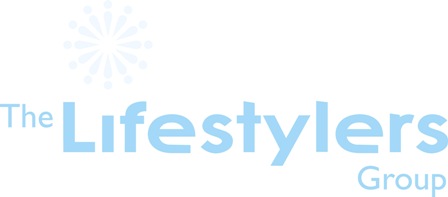30 June is fast approaching. Not only is it tax time, but it’s also the time when you can make some money too. It’s also the perfect time to start organizing your filing system for the new financial year. Importantly, it will ensure that your document filing and retrieval process is much quicker.
Here are some quick and easy steps to help get you organised for tax time.
- Decide where all your receipts will be kept. I like to keep it simple and use a lever arch folder to store all my personal receipts in.
- Using a label maker label the outside of the file: 2010 – 2011 Financial Year - Personal Receipts.
- I then use white divider sheets/tabs to divide up the sections of the folder and label them according to my paperwork e.g. Health, Car, Personal Receipts, Phone, Gas, Water, Internet, Electricity, Rates (Remember that if you work from home, or even do some work from home after hours, you may be able to claim some of your household expenses, so it’s worth keeping good records)
- As soon as I receive bank and share statements, I file them straight away. Remember, it costs money to have bank and share statements reprinted, so it makes sense to file them straight away.
- When a bill comes in, I pay it straight away then file it in the relevant section. However, some people like to set up an in tray, and place all invoices in there and action/pay invoices on a set day and time of the month. It really depends on what works best for you.
- I also have a log book in my car and record all my work related trips. I have also stapled an envelope to the back of my log book. I place all my parking meter tickets and fuel receipts straight into the envelop. Then each month, I take the receipts from my envelop and file them in my tax folder.
- When you are getting ready for the end of financial year it’s also a good chance to review all your medical receipts and check that you have claimed all your Medicare and private health fund entitlements. I was organizing a client’s home office recently and found over 30 receipts that needed to be claimed. It was a very profitable day for the client.
- Keep up the filing. There is no point in creating a new filing system if you don’t maintain it. You need to set aside time each week, fortnight or month to file and action your paperwork. Write a date on your calendar each month to remind you.
Happy new financial year!

